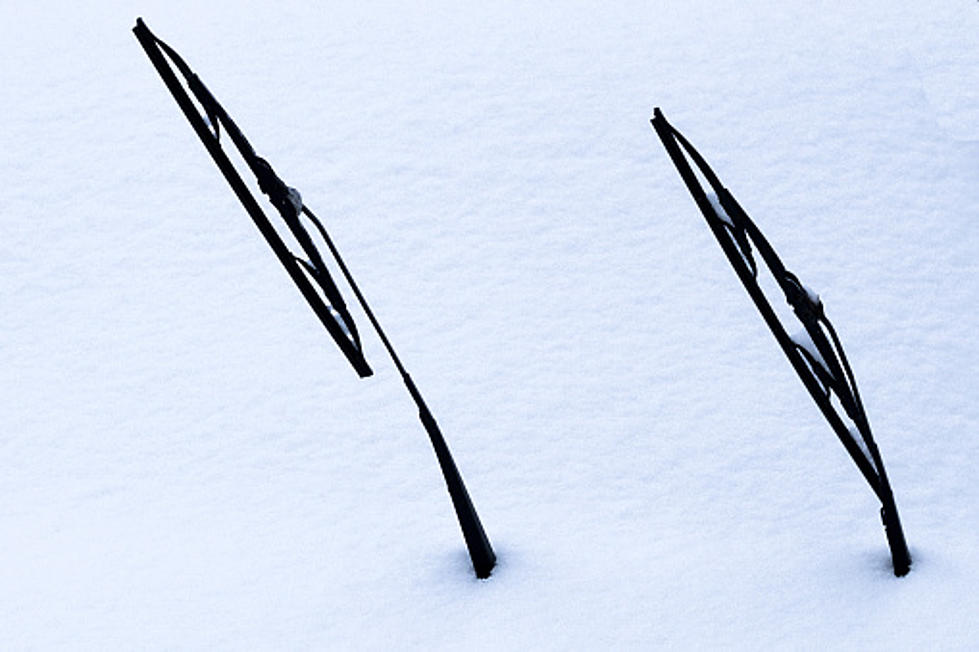
Here’s How Much Snow Northern Illinois Might Get This Winter
That's the thing about winter in Northern Illinois--you know that we're going to get snowed on, you know that the first snow is potentially right around the corner, but you have no idea how much time you'll end up shoveling your driveway and sidewalk because you don't know how much snow you'll get.
I can't guarantee that these predictions will be within an eighth of an inch in the accuracy department, but they should definitely be in the ballpark of how much snow those of us who call Northern Illinois home can expect to deal with.
The Farmers' Almanac Says This Winter We're Looking At Lots Of Temperatures That Are Below Normal, And Snowfall That May Be Above Normal
As a matter of fact the Farmers' Almanac has labeled our entire region of the country as being "Unseasonably Cold & Snowy." Not to be critical, but c'mon, that describes almost any Northern Illinois winter that I've ever experienced (and I've been around for a few).
The Farmers' Almanac also says that while November and December might be on the mild side with both temperatures and snowfall, when we get into January things could change to colder and snowier.
In Northern Illinois, Our Snowiest And Coldest Month Is January
According to The National Weather Service:
- Northern Illinois' average winter temperature is 22.1 degrees
- We spend about 144 days per year below the freezing mark
- Our average annual snowfall is 35.2 inches
- Our largest one-day snowfall was 10.9 inches on February 1st, 2011
- Our biggest snowfall amount in one season happened during the year that ended on December 31st, 2008, when we received 84.3 inches
Here's the bottom line on how much snow Northern Illinois should expect this winter season: we average 35.2 inches of snow normally, and this year's predictions are right in line with our average.
Several forecasts are calling for "75-124 percent of normal snowfall," which would give Northern Illinois anywhere between 26.2 inches up to 43.3 inches of total snowfall. So plan on anywhere from 2 to 4 feet of it between early November and March.
10 of the Best Road Trips to Take When You Need to Escape Illinois This Winter
The 7 Best Places to Go Downhill Skiing or Snowboarding in Wisconsin
More From WROK 1440 AM / 96.1 FM








